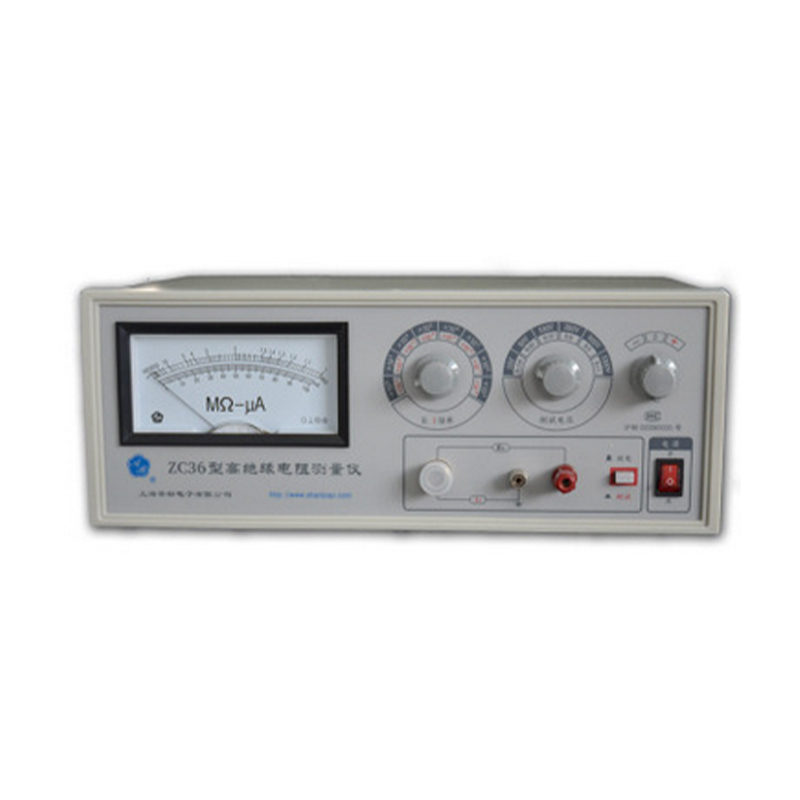tensile tester for break strength
Understanding Tensile Testers for Measuring Break Strength
In the field of materials science and engineering, the tensile tester is an indispensable tool used to assess the mechanical properties of materials, particularly their break strength. This device measures how materials behave when subjected to tension, providing crucial data for various applications ranging from construction to manufacturing and quality control.
What is a Tensile Tester?
A tensile tester, also known as a tensile testing machine or universal testing machine, is designed to evaluate the tensile strength, elongation, and other mechanical properties of materials. This device pulls a sample material until it breaks, capturing vital information about its strength, ductility, toughness, and resilience throughout the process. The tensile test is a standard method as detailed in ASTM D638, ISO 527, and other specifications, ensuring universal applicability across different materials, including metals, plastics, rubber, and composites.
Importance of Measuring Break Strength
Break strength, defined as the maximum stress that a material can withstand before breaking, is a critical parameter in determining material suitability for specific applications. For example, in the construction industry, understanding the break strength of materials like steel or concrete ensures that structures can resist the forces acting upon them. Similarly, in manufacturing, knowing the tensile properties of raw materials informs decisions about processing and product design, contributing to safety and functionality.
The Tensile Testing Process
The tensile testing process typically involves several key steps
1. Sample Preparation The material sample is prepared according to standardized dimensions specified in testing protocols. Proper preparation is crucial to obtaining reliable results, as irregularities can introduce errors.
2. Setting Up the Tester The prepared sample is then placed in the grips of the tensile tester. These grips hold the material securely while allowing it to be pulled apart without slipping.
3. Conducting the Test The tester applies a controlled tension at a uniform rate until the sample yields and eventually breaks. Throughout the test, the machine records load and elongation data in real-time.
tensile tester for break strength

4. Data Analysis The data collected is used to generate a stress-strain curve, which illustrates the material’s behavior under tension. From this curve, key properties such as yield strength, ultimate tensile strength, elongation at break, and modulus of elasticity can be derived.
Types of Tensile Testers
Tensile testers come in various types, including
- Electromechanical Tensile Testers These machines use electric motors to apply force and are known for their accuracy and versatility across different materials.
- Hydraulic Tensile Testers These models utilize hydraulic systems to achieve high forces, making them suitable for testing materials that require a substantial amount of force to break.
- Micro and Nano Tensile Testers Designed for smaller samples, these testers can analyze the properties of thin films, fibers, and nanoscale materials, ensuring that even the smallest components are evaluated for break strength.
Applications of Tensile Testing
Tensile testing is vital across a wide range of industries. In automotive engineering, it helps in selecting the right materials for vehicle construction, ensuring safety and performance. In the aerospace sector, where lightweight yet strong materials are essential, tensile testing informs design decisions that balance strength with weight. Additionally, in the textile industry, the break strength of fabrics is crucial for determining suitability for different clothing and equipment, such as parachutes and industrial applications.
Conclusion
In summary, tensile testers play a crucial role in understanding the break strength of materials, which is essential for ensuring safety, performance, and quality in various applications. The data obtained from tensile testing not only supports material selection and product design but also aids in compliance with industry standards. As technologies advance, the capabilities of tensile testers will continue to evolve, further enhancing our understanding of material properties and contributing to innovation across multiple fields. This dedication to rigorous testing ensures that materials can meet the demands of modern applications, ultimately leading to more durable and reliable products.
-
QNJ-2/3 Cable Flexibility Test Machine: Precision & Durability
NewsAug.31,2025
-
DQ-F Superfine Wire Conductor Resistance Fixture: High-Precision Testing
NewsAug.30,2025
-
ZC36 High Insulation Resistance: Reliable & Safe Performance
NewsAug.29,2025
-
CX-100 Manual Hydraulic Core Punching Machine - Efficient & Reliable
NewsAug.28,2025
-
Reliable Performance Testing with Advanced Aging Chamber Solutions
NewsAug.23,2025
-
Advancing Precision with Profile Projector Technology
NewsAug.23,2025
 Copyright © 2025 Hebei Fangyuan Instrument & Equipment Co.,Ltd. All Rights Reserved. Sitemap | Privacy Policy
Copyright © 2025 Hebei Fangyuan Instrument & Equipment Co.,Ltd. All Rights Reserved. Sitemap | Privacy Policy

